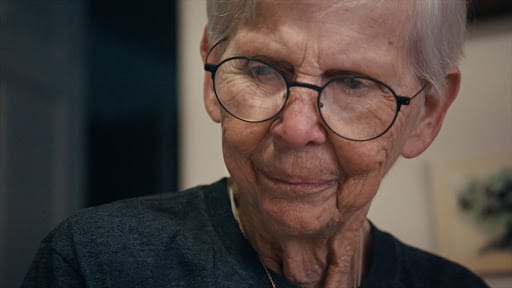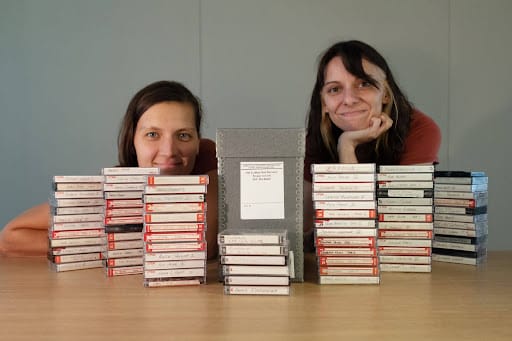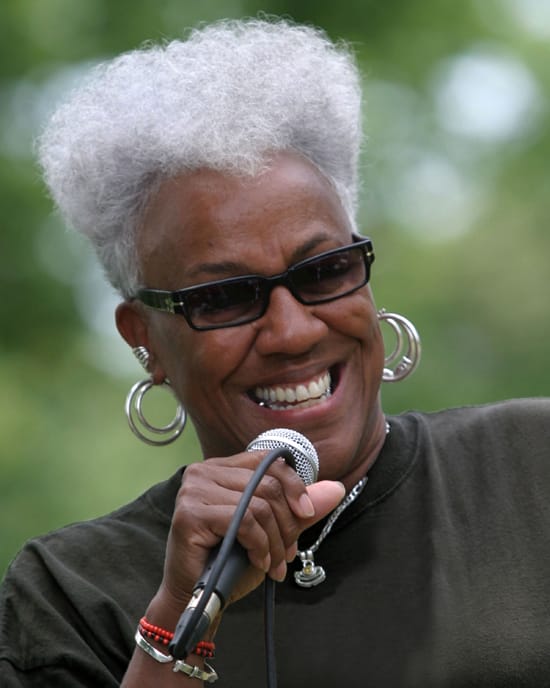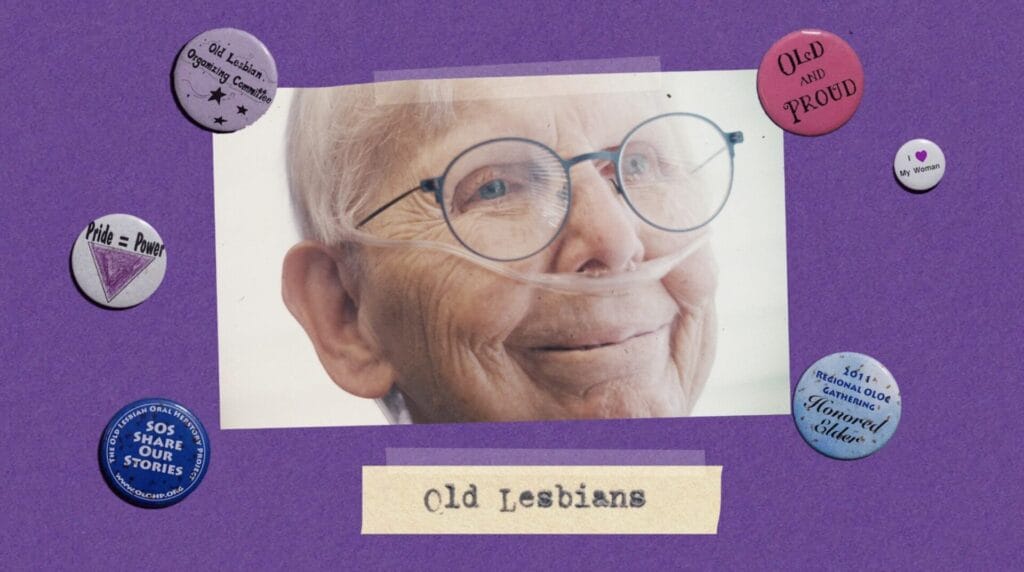In Meghan McDonough’s poignant documentary, Old Lesbians viewers are ushered into the vibrant and resilient world of Lesbians Over Age Fifty (LOAF), an organization born out of the necessity for community and support among older lesbians. As the film unfolds, it becomes clear that LOAF is not merely a social network; it is a testament to the enduring strength and spirit of its members.
At the heart of Old Lesbians lies the powerful story of Arden Eversmeyer, whose personal journey of loss of her first partner Tommie Russumand, and longing led to the creation of LOAF in 1987. McDonough skillfully weaves together interviews and archival footage to paint a vivid picture of Eversmeyer’s vision and the collective mission of LOAF: to provide a space for older lesbians to connect, share their stories, and find affirmation in their identities.

One of the most striking aspects of the documentary is its focus on the importance of oral history. Through first-person narratives, viewers are transported back in time to an era when the vocabulary and discourse around sexual identity were scarce. As Eversmeyer rocks back and forth in her plush gray recliner chair in the middle of her cozy living room, we hear the echo of a statement that reminds the viewer of the environment these women grew up in: “I had no words for it…there was no vocabulary at the time”.
This truth underscores the challenges these ‘old lesbians faced in finding one’s identity amidst societal silence and stigma. Yet, amidst these struggles, the film doesn’t forget to celebrate moments of love and longing, capturing the essence of queer desire with raw honesty and vulnerability.

Integral to the dynamic tone of the narrative is the use of Gaye Adegbalola’s music, which serves as a powerful backdrop to the stories being told. Songs like “Big Ovaries, Baby” and “Queer Blues” not only showcase the intersection of queer culture with the blues genre but also underscore the resilience and defiance of the women featured in the film. The haunting melody of the blues serves as a poignant reminder of the pain and prejudice faced by older lesbians, while also highlighting their strength and solidarity in the face of adversity.
The film captures a spectrum of experiences, from somber reflections on navigating multiple marginalized identities in an era of legal constraints to joyous celebrations of love and relationships. Noticeably, the soundtrack transitions from slow and methodical to upbeat and vibrant with each song track change mirroring these shifts. Overall, Adegbalola’s collection of compositions acting as the film’s score speaks to the versatility of the blues genre and its ability to resonate with diverse experiences and emotions.

Ultimately, Old Lesbians is a testament to the power of storytelling and the resilience of the human spirit. As McDonough aptly notes, every woman’s story is significant, and by amplifying their voices, the film empowers viewers to embrace their legacies and stand tall in their truths. In a world where older lesbians are often marginalized and forgotten, Old Lesbians serves as a powerful reminder of the strength, resilence, and unwavering spirit of these remarkable women.
Old Lesbians is coming out on Guardian Documentaries in 2024. To learn more about McDonough’s work and how to support it, head to the Old Lesbians Film Website. You can find more information about Adegbalola and her work on her personal website, and listen to her music wherever streaming music is available.













